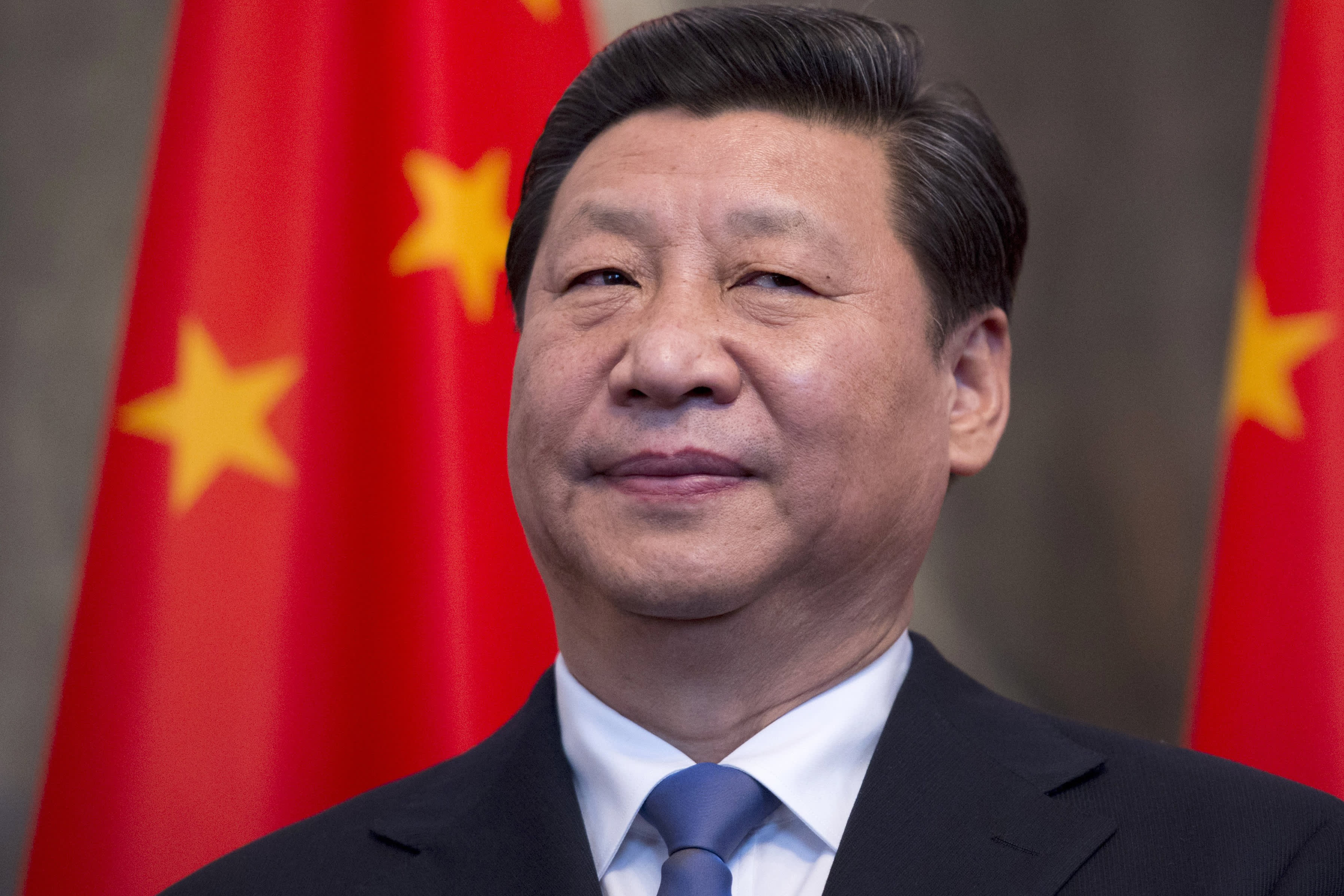'Don't say we didn't warn you': A phrase from China signals the trade war could get even worse - 3 minutes read

Chinese President Xi Jinping stands by national flags.
Johannes Eisele | AFP | Getty Images
The biggest Chinese newspaper explicitly warned the U.S. on Wednesday that China would cut off rare earth minerals as a countermeasure in the escalated trade battle, using an expression the publication has only used twice in history, both of which involved full-on wars.
"We advise the U.S. side not to underestimate the Chinese side's ability to safeguard its development rights and interests. Don't say we didn't warn you!" the People's Daily said in a commentary titled "United States, don't underestimate China's ability to strike back." The publication is the official newspaper of the Communist Party of China.
The phrase "Don't say we didn't warn you" was only used two other times in history by the People's Daily — in 1962 before China's border war with India and ahead of the 1979 China-Vietnam War.
"Will rare earths become a counter weapon for China to hit back against the pressure the United States has put on for no reason at all? The answer is no mystery," the paper said.
The trade conflict between the world's two largest economies escalated quickly this month with both sides slapping tariffs on billions of dollars worth of each other's goods. China's threat to restrict rare earth mineral sales to the U.S. came after President Donald Trump blacklisted Chinese telecom giant Huawei, which led to many chipmakers and internet companies cutting ties with the company.
The speculation about China's payback first surfaced when Chinese President Xi Jinping visited rare earth mining and processing facilities in Jiangxi province during a domestic tour last week. A Chinese official warned Tuesday that products made from the materials should not be used against China's development, which was seen as a veiled threat aimed at the U.S. and its technology industry.
China's rare earth materials are crucial to the production of iPhones, electric vehicles and advanced precision weapons, although the imports are a relatively small part of the $420 billion U.S. goods deficit with China.
The Chinese tabloid Global Times also said Tuesday that China can play the "rare earths card" and that it's "seriously considering" the move.
The stock market took a big hit amid the tit-for-tat strategies between the U.S. and China, with stocks poised to post their first negative month of the year. The S&P 500 has lost nearly 6% this month.
Correction: China's border war with India was in 1962 and the China-Vietnam War was in 1979. An earlier version misstated the years.